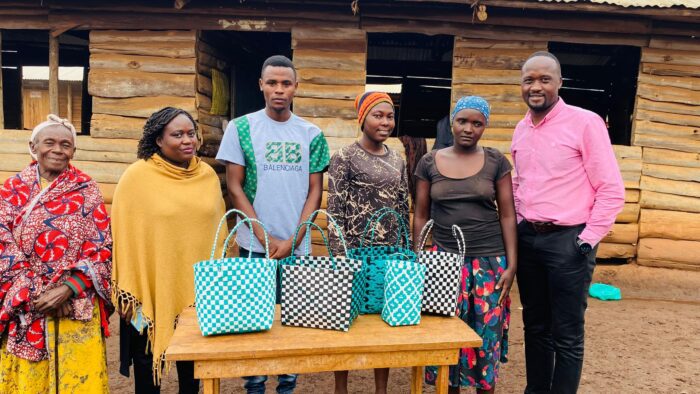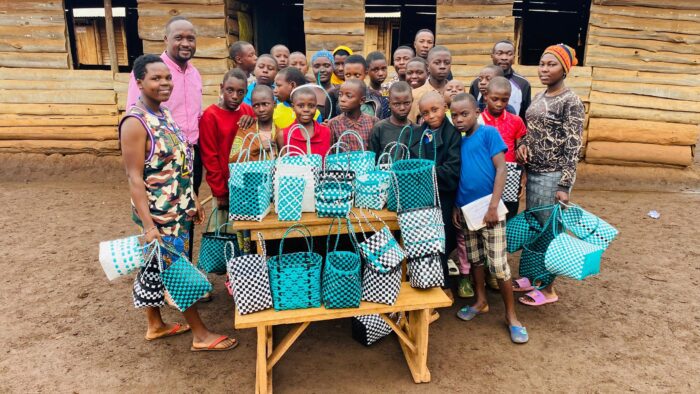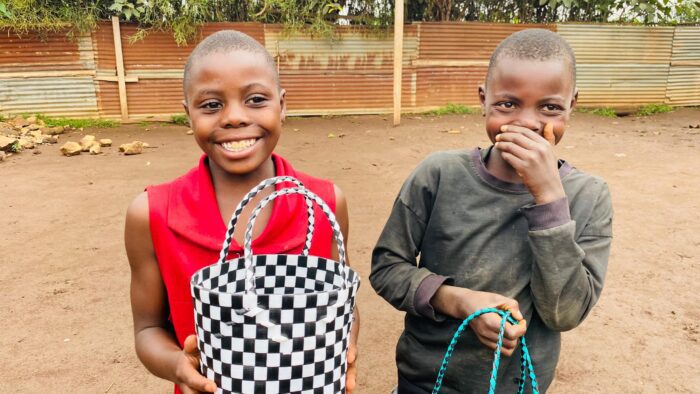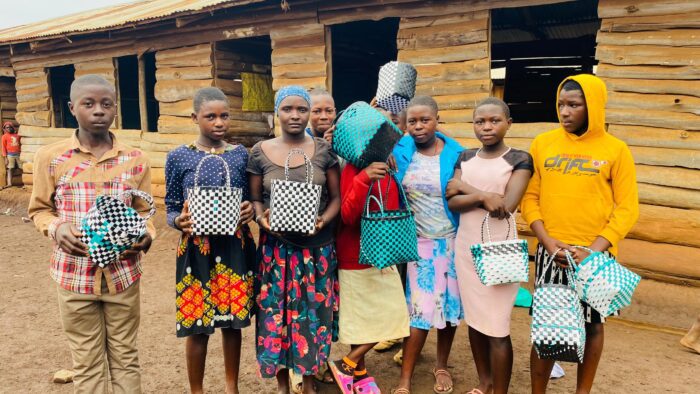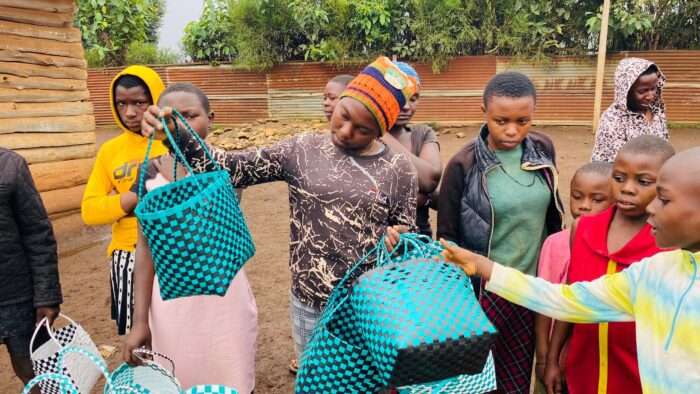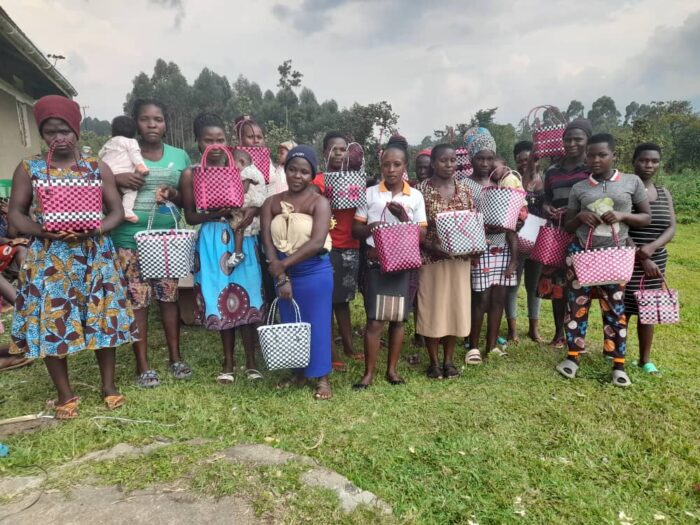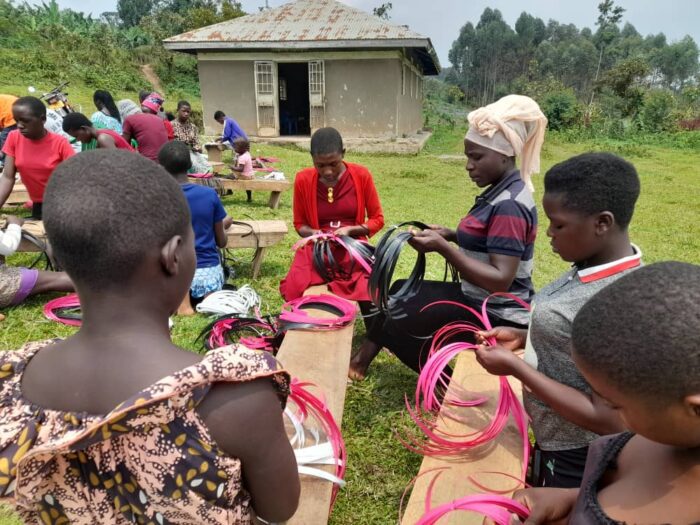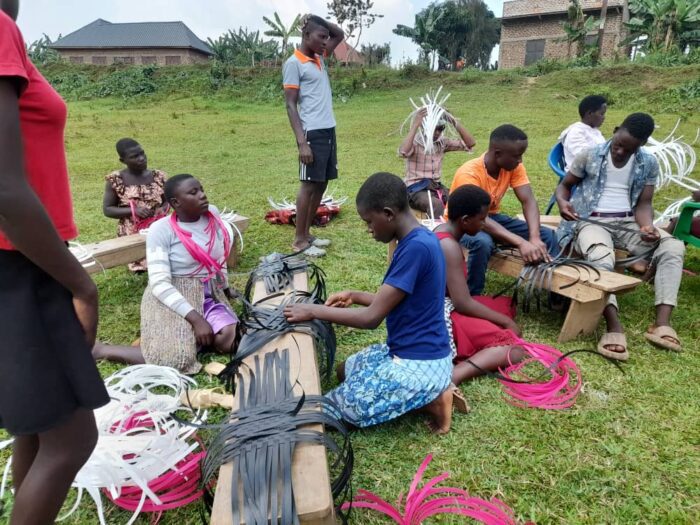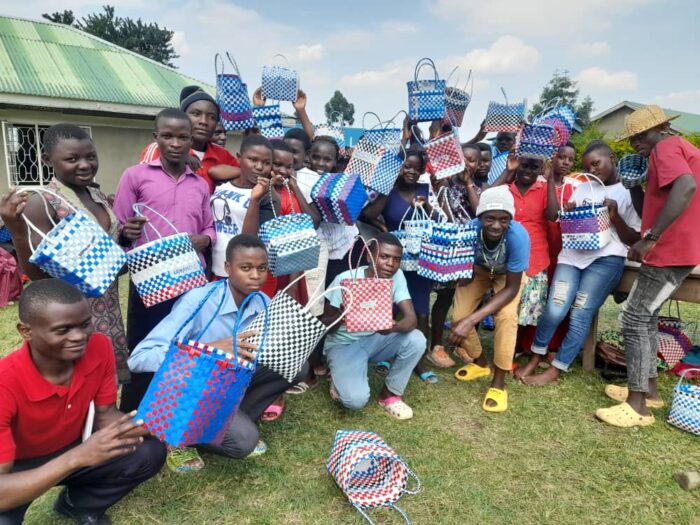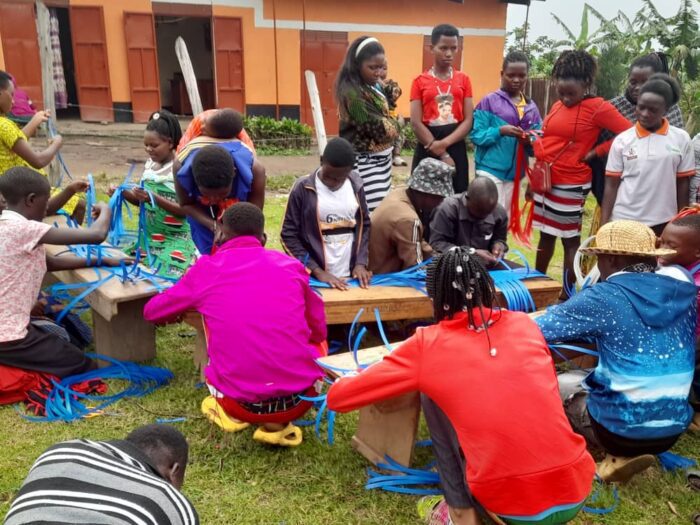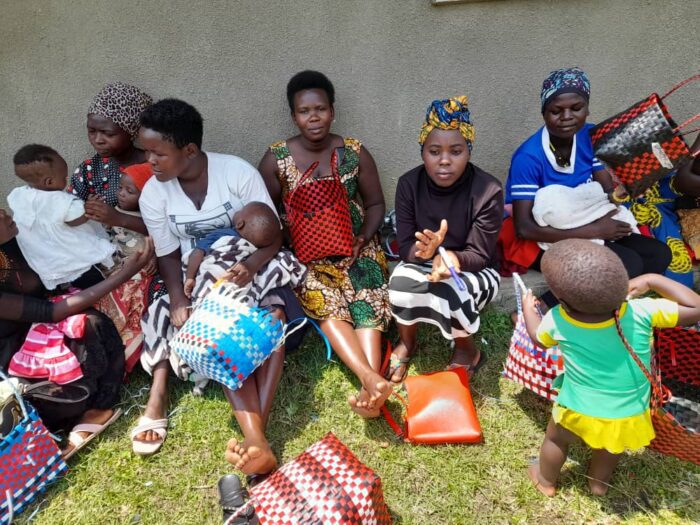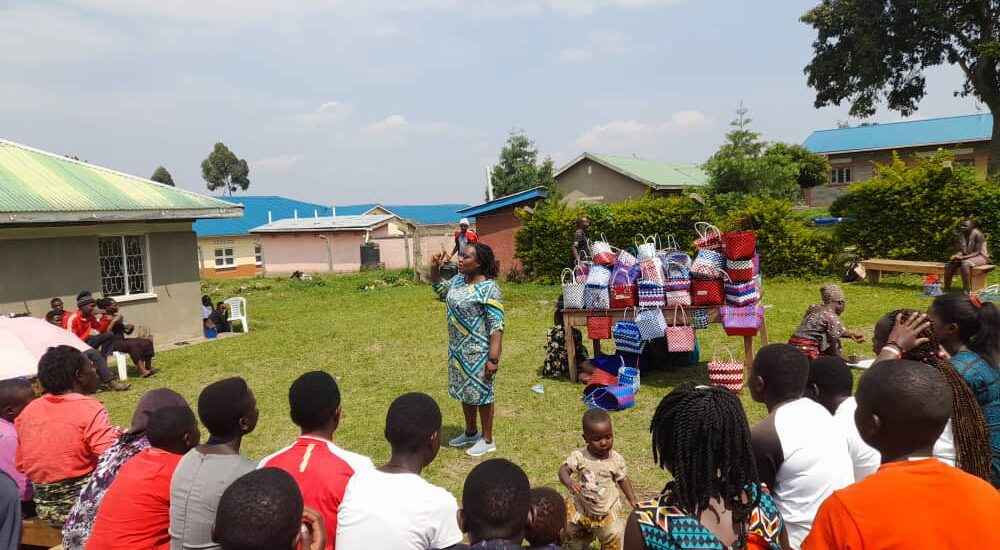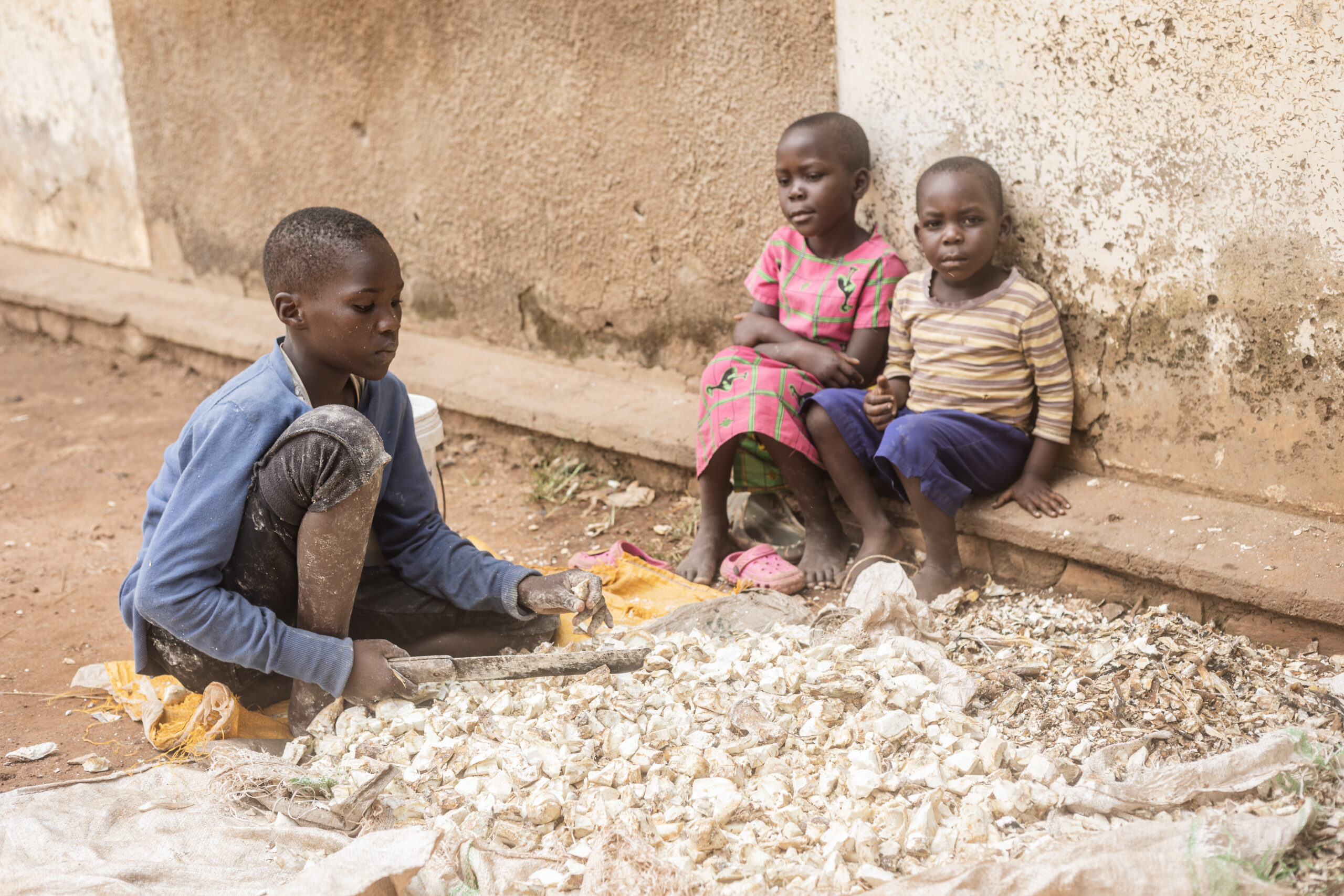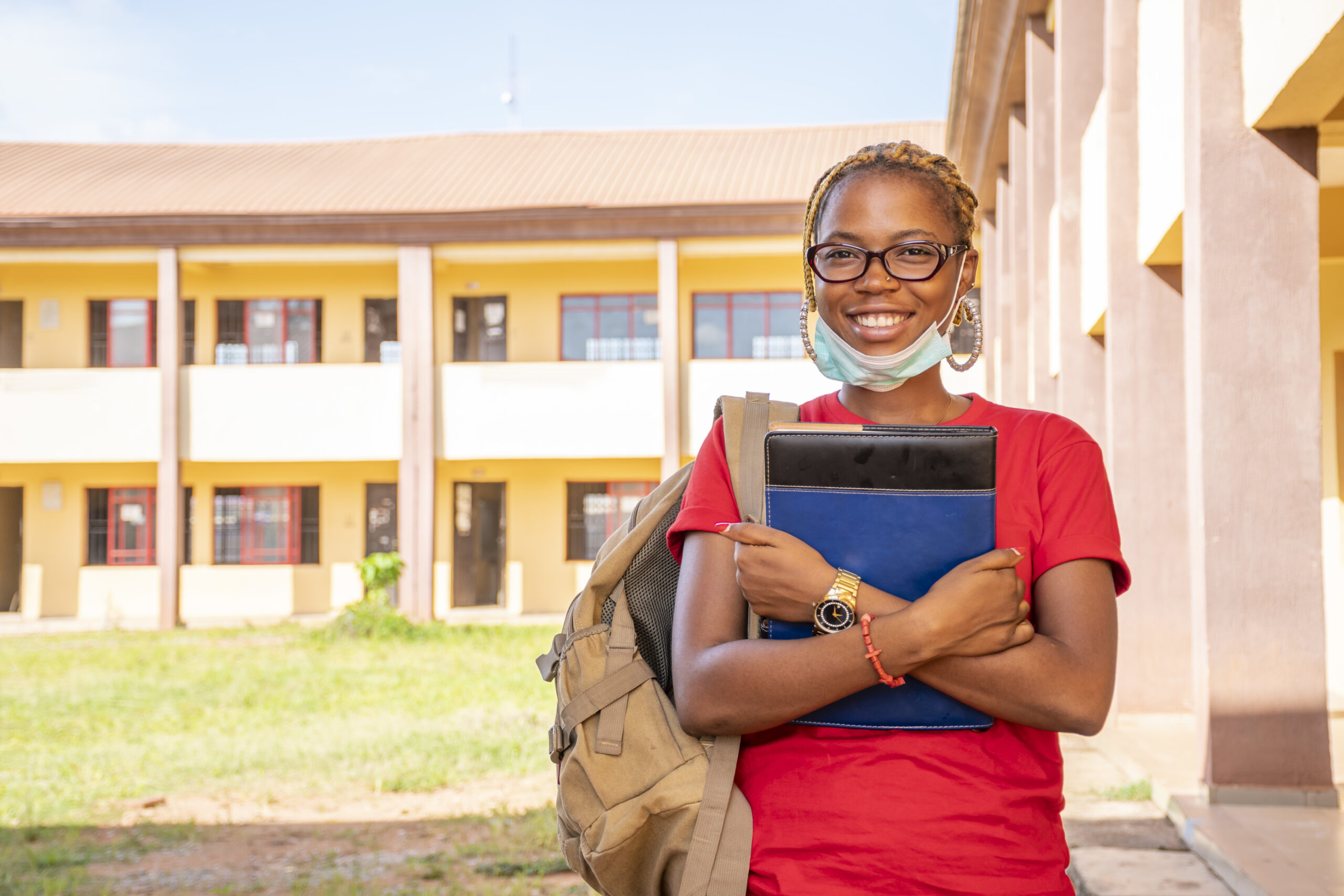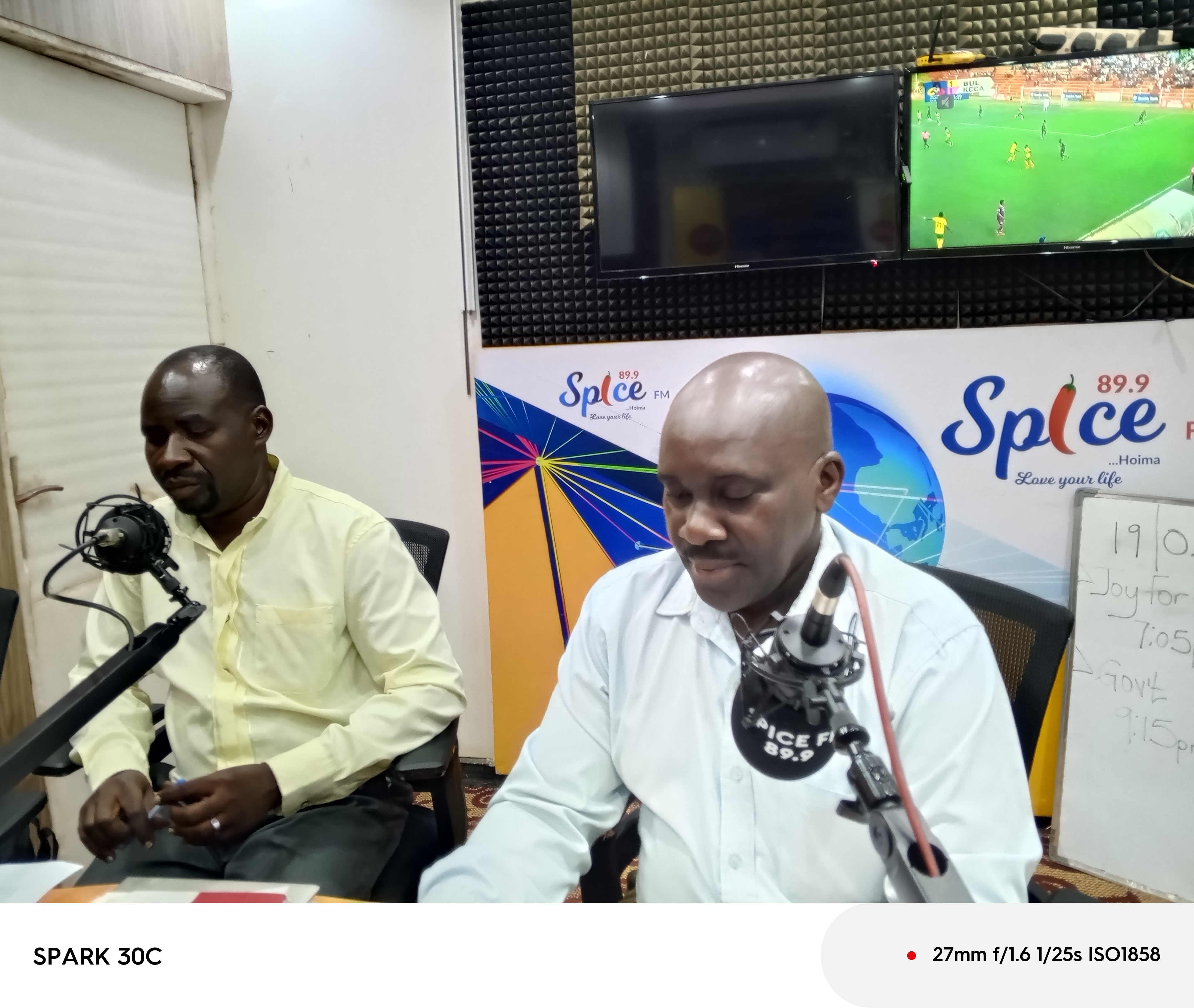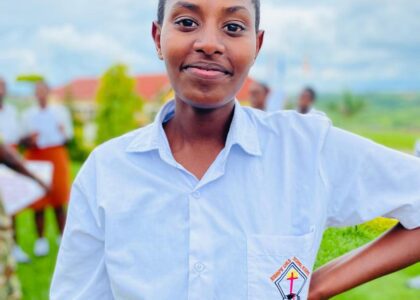Globally it is estimated that in 2015, close to 1.7 billion children had experienced interpersonal violence in the previous year. A child dies as a result of violence every five minutes.
In Kabarole district, violence against children remains a significant concern, with alarming statistics highlighting the prevalence of various forms of abuse. A survey conducted during the COVID-19 lockdown revealed a rise in sexual violence, particularly against girls, with many cases going unreported. Notably, the most affected sub-counties include Hakibaale, Karangura, Karambi, Bukuuku, and Kicwamba.
At Joy for Children Uganda (JFCU), we recognize the importance of safe spaces for out-of-school children as a vital component in our mission to prevent violence against children. These spaces serve as havens where children can engage in activities that not only promote their personal growth but also safeguard them from potential harm.
Safe spaces are designated areas where children can feel secure, supported, and free from harm. They provide a refuge for out-of-school children, allowing them to escape the challenges they may face in their daily lives.
JFCU with support from CRVPF established safe spaces for out of school adolescents to hold weekly discussions facilitated by peer mentors using the life skills manual to build their esteem, help them make better choices, protect themselves against violence, promote behavior change through addressing harmful social norms that perpetuate VAC and community actions and also be able to plan more confidently for their future.
Safe Spaces were created for out of school adolescents between the ages of 13- 24years and teen mothers (13 -20yrs) as platforms where they can acquire life skills/ abilities to identify ,mitigate risks that expose them to violence, offer them protection , support, build their power to make the right choices and decisions. We have a total of 486 in the 12 safe spaces. (kiboha, Kigaya, kiseeru,Nyabuswa, Butinda, (Mugusu)Bwanika, Mabale, and Kihondo(Kichwamba). Each safe space has a minimum of 30 participants.
One of the key ways in which our safe spaces contribute to violence prevention is by providing skilling opportunities for out-of-school children. By equipping them with practical skills, such as craftsmanship, we empower them to become self-sufficient and less vulnerable to exploitation. Skilled children are more likely to find employment or start their own businesses, reducing their risk of engaging in or being subjected to violence.
These Safe spaces also offer counseling services that address the emotional and psychological needs of out-of-school children. Many of these children have experienced trauma, abuse, or neglect, and our trained counselors provide a safe and supportive environment where they can share their experiences and receive guidance. By helping children process their emotions and develop healthy coping mechanisms, we reduce the likelihood of them engaging in or being subjected to violence.
Safe spaces also encourage peer interactions, which are crucial for social development. By bringing together children from diverse backgrounds, we create opportunities for them to build friendships, share experiences, and learn from one another. These interactions not only foster a sense of belonging but also help children develop essential social skills that will serve them throughout their lives.
Activities in our safe spaces include:
- Games and Sports: We believe that play is essential for children’s development. Our safe spaces provide opportunities for children to participate in games and sports, helping them build teamwork skills, develop physical fitness, and foster friendships in a secure environment.
- Leisure Activities: Beyond sports, we offer a range of leisure activities that encourage creativity and self-expression. These activities help children relax, have fun, and develop their interests outside of academic settings.
- Music, Dance, and Drama (MDD): Our safe spaces incorporate MDD programs that allow children to explore their artistic talents. Through music, dance, and drama, children can express themselves, build confidence, and learn important life skills such as communication and teamwork.
- Skilling Programs: We provide various skill-building workshops that empower children, especially those out of school. These programs focus on practical skills that can enhance their employability and self-sufficiency in the future.
- Village Savings and Loan Associations (VSLA): Our safe spaces also promote economic empowerment through VSLA programs. These initiatives teach children and their families about savings, financial management, and entrepreneurship, helping to build a sustainable future.
- Gifting and Sharing: We encourage children to participate in gifting one another, fostering a culture of kindness and generosity. This practice helps build strong relationships and a sense of community among the children.
- Menstrual Hygiene Training: Understanding the importance of menstrual hygiene, we conduct training sessions to educate children, particularly girls, on proper menstrual health practices. This empowers them to manage their health confidently and reduces stigma around menstruation.
Our safe spaces are more than just physical locations; they are nurturing environments where children can explore, learn, and grow. By providing a diverse range of activities, we empower children to develop holistically while ensuring their safety and well-being
